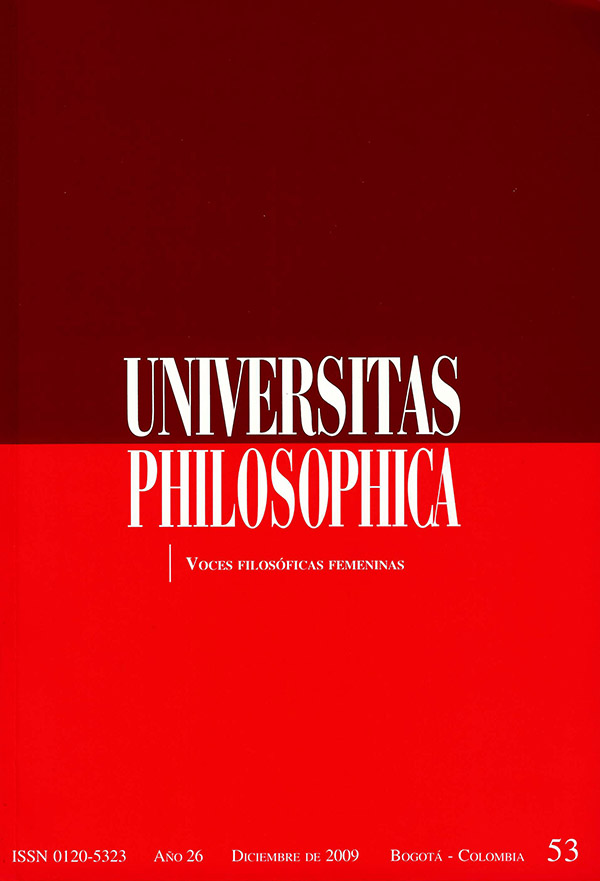Abstract
The present paper is focused on how the acceptance of the emotional basis of morality can change the way we approach moral problems, concretely the case of moral autonomy. Is it posible to include the role of emotions in moral agency without losing moral autonomy? Simultaneously, it seems hard provide an account on moral agency without accepting as a premise the existence of moral autonomy. Thus, all this lead us to a picture where the assumtion of a premise (“emotions are a precondition to moral agency”) implies the denial of another one (“autonomy is a precondition to moral agency”), and viceversa. With regard to this paradox, the question is therefore how these two facts –that we are necessarily emotional and autonomous– can become compatible. In this sense, I will argue that emotions are not an obstacle but a necessary element to moral autonomy.
This journal is registered under a Creative Commons Attribution 4.0 International Public License. Thus, this work may be reproduced, distributed, and publicly shared in digital format, as long as the names of the authors and Pontificia Universidad Javeriana are acknowledged. Others are allowed to quote, adapt, transform, auto-archive, republish, and create based on this material, for any purpose (even commercial ones), provided the authorship is duly acknowledged, a link to the original work is provided, and it is specified if changes have been made. Pontificia Universidad Javeriana does not hold the rights of published works and the authors are solely responsible for the contents of their works; they keep the moral, intellectual, privacy, and publicity rights.
Approving the intervention of the work (review, copy-editing, translation, layout) and the following outreach, are granted through an use license and not through an assignment of rights. This means the journal and Pontificia Universidad Javeriana cannot be held responsible for any ethical malpractice by the authors. As a consequence of the protection granted by the use license, the journal is not required to publish recantations or modify information already published, unless the errata stems from the editorial management process. Publishing contents in this journal does not generate royalties for contributors.


